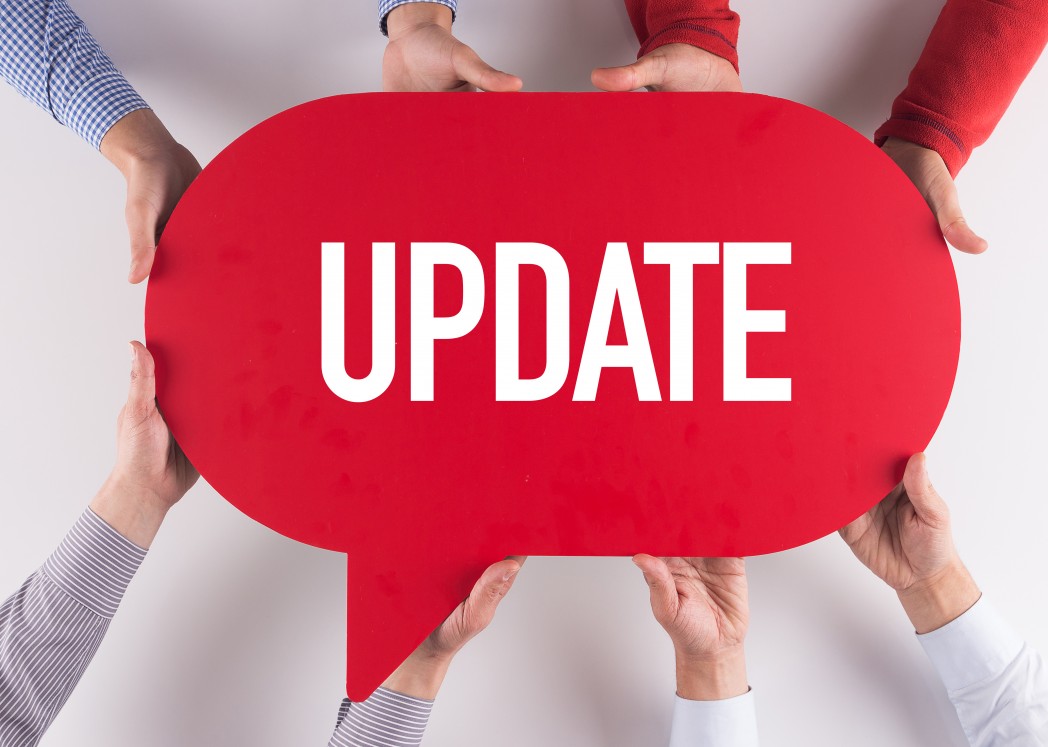BrainStorm Details Phase 3 Trial Design of NurOwn for Rapidly Progressing ALS

BrainStorm Cell Therapeutics is sharing the details of the design of its Phase 3 clinical trial evaluating NurOwn as a treatment for people with rapidly progressing amyotrophic lateral sclerosis (ALS), showing that the trial is adequately powered to detect meaningful improvements in patients.
The trial (NCT03280056), which has enrolled about 200 participants, is a randomized, double-blind, placebo-controlled study being conducted at six sites across the U.S., including three in California. Patient dosing is complete, and topline data is expected in the final quarter of this year.
The poster, “Advancing NurOwn for ALS: Phase 3 Clinical Trial Design,” was presented at the virtual Annual Northeast ALS (NEALS) Consortium.
“This pivotal study has been rigorously designed and powered to detect clinically meaningful effects of NurOwn in rapidly progressing ALS patients,” Stacy Lindborg, PhD, the poster’s presenter and executive vice president and head of global clinical research at Brainstorm, said in a press release.
NurOwn is a cell-based therapy that uses mesenchymal stem cells (MSCs) isolated from a patient’s bone marrow. These cells are capable of generating different cell types.
Patient MSCs are grown in a lab and transformed into cells that produce high levels of neurotrophic factors — compounds that promote nervous tissue growth and survival. The modified cells are then injected in the spinal canal of the same patient.
After showing the ability to slow disease progression in people with fast-progressing disease in a Phase 2 trial (NCT02017912), Brainstorm initiated the ongoing Phase 3 trial to confirm the findings in a larger population.
For this trial, participants were first evaluated over 12 weeks to determine their rate of decline in the ALS Functional Rating Scale (ALSFRS-R) score — a measure of disease progression — prior to initiating NurOwn. They were then randomly assigned to receive a total of three intrathecal (into-the-spinal-cord) injections of either NurOwn or a placebo, given every two months.
After initiating the randomized part, the patients underwent 13 additional evaluations of ALSFRS-R score over about 10 months, allowing researchers to compare the rate of disease progression before and after treatment.
The primary goal of the Phase 3 trial is to determine whether NurOwn is better than a placebo at reducing that rate of decline over 28 weeks (just over six months). A responder is defined as a patient who improves 1.25 points or more in the change (slope) in the ALSFRS-R score per month.
“Compelling Phase 2 data showed that a single NurOwn administration slowed disease progression in this patient population, and the current Phase 3 trial aims to confirm this effect in a larger study cohort and show that its duration can be extended through repeated administrations,” Lindborg said. “To test this hypothesis, we are comparing the rate of patient level decline in ALS disease as measured by the ALS Functional Rating Scale between the pre-treatment period to the rate of decline observed after the initiation of treatment.”
“Such an analysis allows us to compare the magnitude of change in disease progression resulting from NurOwn and placebo treatments while accounting for important variable factors known to influence disease progression,” she added.
Secondary endpoints include safety, the number of patients whose disease has not progressed, total ALSFRS-R decline, and an analysis combining function and survival, as well as tracheostomy-free and overall survival, and measurements of cerebrospinal fluid (CSF) markers.
For this last endpoint, CSF — the fluid surrounding the brain and spinal cord — is collected every two weeks for the first eight weeks, and every four weeks thereafter until week 20.
“We look forward to sharing the results of this analysis later this year,” Lindborg said.






